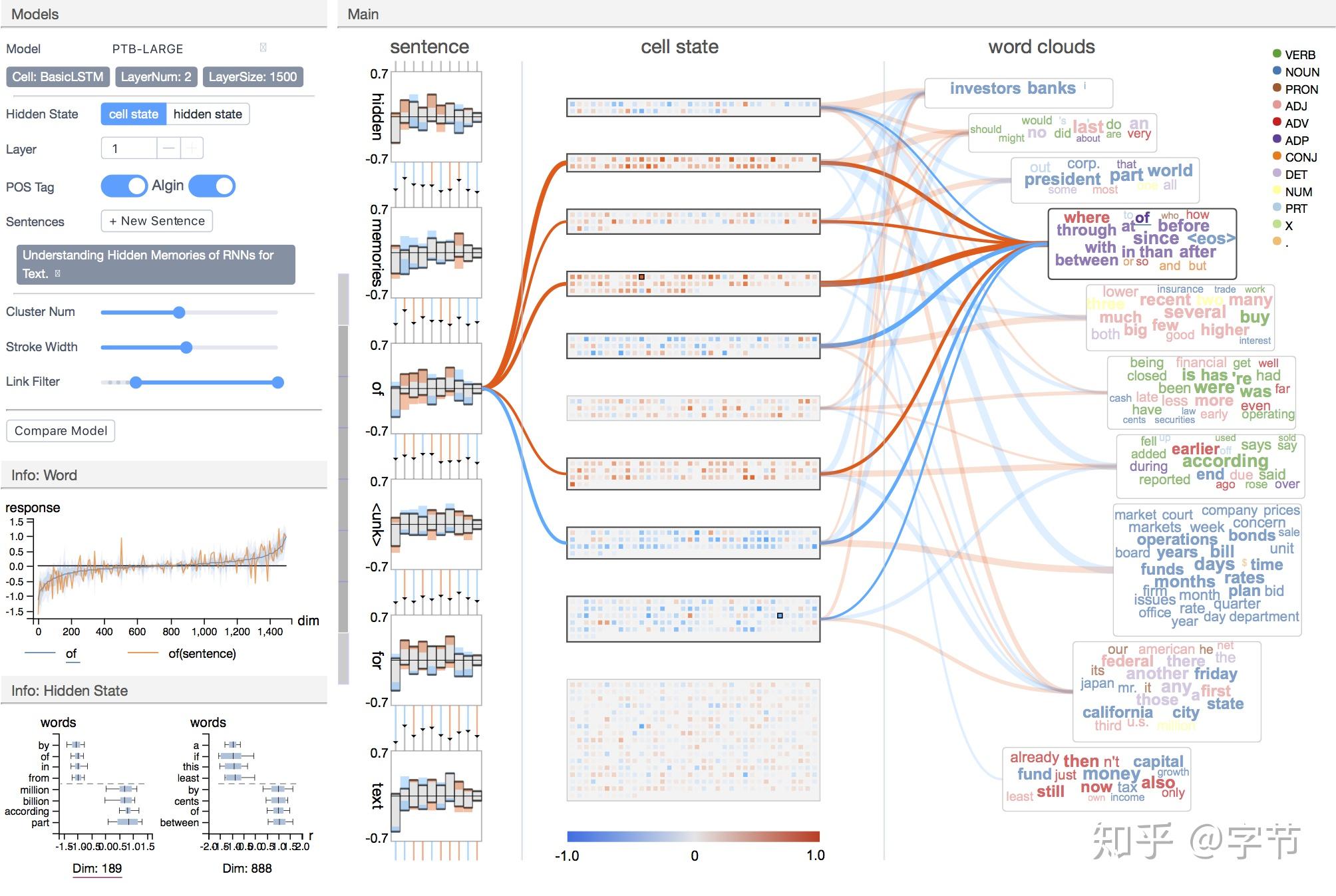|
In recent years, scientists and engineers have turned to nature as a source of inspiration for solving complex computational problems. This emerging field, known as bio-inspired computing, draws upon the principles, processes, and systems found in biological organisms to develop innovative algorithms and technologies. By mimicking the efficiency and adaptability of natural systems, bio-inspired computing has the potential to revolutionize various domains, from artificial intelligence to optimization techniques. One prominent example of bio-inspired computing is neural networks, which are inspired by the structure and functionality of the human brain. These networks consist of interconnected nodes, or artificial neurons, that process and transmit information through weighted connections. By learning from data, neural networks can recognize patterns, make predictions, and perform tasks such as image classification and natural language processing. Bio-inspired neural networks have opened up new possibilities in fields like computer vision, speech recognition, and autonomous systems. Another fascinating area of bio-inspired computing is genetic algorithms, which simulate the process of natural selection to solve optimization problems. Genetic algorithms start with an initial population of candidate solutions and apply evolutionary operators, such as mutation and crossover, to generate new generations of solutions. Through repeated iterations, the algorithm converges towards an optimal solution based on a fitness function. This approach has been applied to diverse applications, including scheduling, robotics, and financial modeling, where finding an optimal solution among a vast number of possibilities is challenging. Swarm intelligence is yet another fascinating concept within bio-inspired computing. It draws inspiration from the collective behavior of social insect colonies, flocks of birds, and schools of fish. In swarm intelligence, individual agents interact locally to achieve global goals. Ant colony optimization, for instance, uses the foraging behavior of ants to solve optimization problems. Each ant leaves a trail of pheromones, representing a potential solution, and other ants follow these trails. Over time, the pheromone trails converge towards the most optimal solution. Swarm intelligence techniques have been employed in various domains, including routing algorithms, data clustering, and multi-robot coordination. Bio-inspired computing also encompasses evolutionary computing, neural networks, artificial immune systems, and other nature-inspired paradigms. The underlying principle behind all these approaches is to leverage the efficiency, robustness, and adaptability demonstrated by biological systems over billions of years of evolution. By harnessing nature's algorithms, researchers aim to overcome the limitations of traditional computational methods and develop novel solutions to complex problems. The potential applications of bio-inspired computing are vast. It holds promise in fields such as finance, healthcare, transportation, energy, and environmental modeling. For example, bio-inspired optimization algorithms can optimize energy consumption in smart grids or improve drug discovery processes in pharmaceutical research. Furthermore, by embracing the principles of self-organization and resilience observed in natural systems, bio-inspired computing can contribute to the development of more robust and adaptive artificial intelligence systems. In conclusion, bio-inspired computing represents a promising frontier in technology. By emulating the strategies and mechanisms found in nature, researchers are developing innovative algorithms and technologies that can tackle complex computational problems. From neural networks inspired by the human brain to genetic algorithms mimicking evolution, the field of bio-inspired computing offers valuable insights and tools for advancing various domains of science and engineering. As we continue to unveil the mysteries of the natural world, bio-inspired computing will undoubtedly play a crucial role in shaping the future of technology.  |
